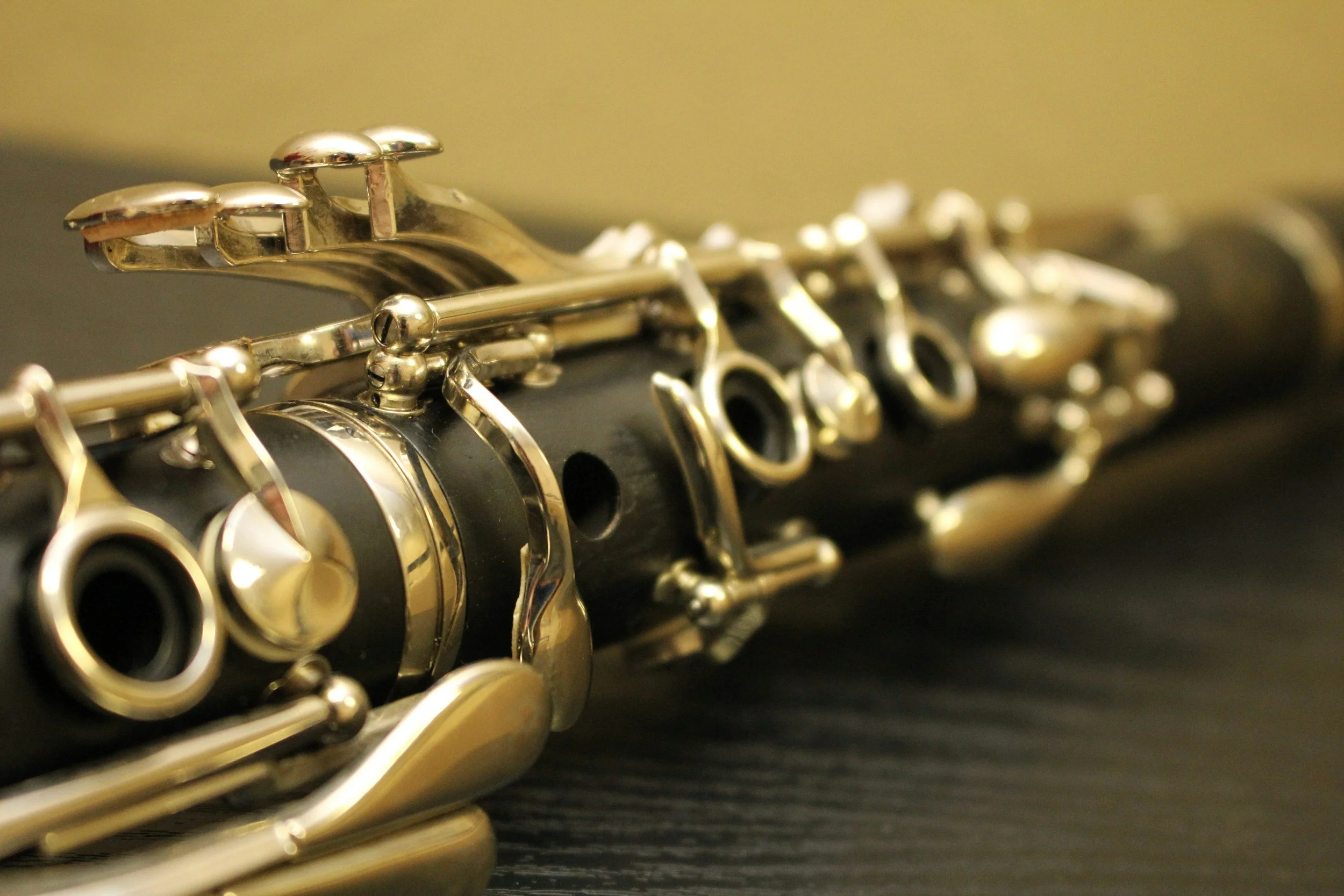Is It Ok To Leave Your Clarinet Assembled?
It’s a common question among players: is it safe to leave your clarinet assembled between practice sessions? While it might seem convenient, keeping your clarinet put together all the time can actually shorten its lifespan and cause problems with pads, corks, and alignment.
Why It’s Best to Disassemble After Playing
The main reason to take your clarinet apart after each session is moisture.
When you play, warm air and condensation build up inside the instrument. If it stays assembled, that moisture sits trapped in the bore, pads, and joints. Over time, this can cause:
Pad damage: the soft leather and felt absorb moisture, swell, and start leaking.
Cork compression: tenon corks stay under constant pressure, making joints loose or uneven.
Mould and odour: especially inside wooden clarinets if they aren’t dried properly.
Taking your clarinet apart allows air to circulate and helps everything dry naturally.
When It’s OK to Leave It Assembled Briefly
If you’re just taking a short break — say, 20–30 minutes between rehearsals — it’s fine to leave the clarinet assembled on a safe, flat surface. Just make sure to:
Keep it out of direct sunlight or heat sources.
Use a stand instead of laying it down, to avoid bent keys.
Swab out moisture before setting it aside.
But overnight, or for any long gap in playing, it should always be disassembled and stored in its case.
Best Storage Habits for Clarinet Players
Swab the bore and dry the tenons after each use.
Disassemble fully before placing it in the case.
Leave the case open for a few minutes to air out any remaining moisture.
Oil wooden clarinets periodically (during servicing) to prevent cracking.
Keep Your Clarinet in Top Condition
Leaving your clarinet assembled might save a few minutes now, but it can lead to expensive repairs later.
At Woodwind London, we regularly see clarinets with warped joints, leaking pads, and stuck tenons caused by moisture buildup — all preventable with good storage habits.
If your clarinet feels tight to assemble, has sticky joints, or shows signs of moisture damage, bring it to our Muswell Hill workshop for a quick service or cork replacement.
Book your clarinet service today and keep your instrument playing beautifully for years to come.

